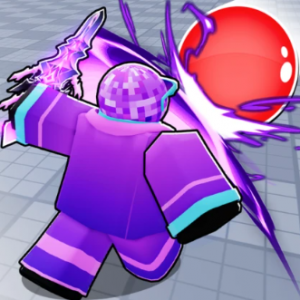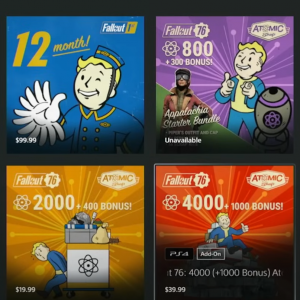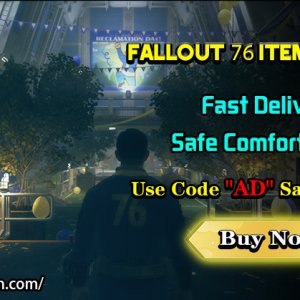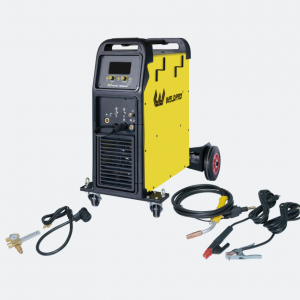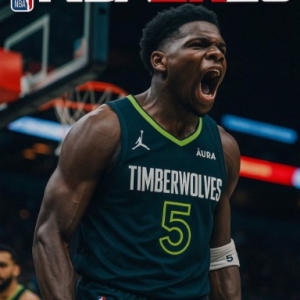In Fallout 76, acquiring and managing Fallout 76 caps is a central part of the in-game economy. Caps serve as the primary currency in Appalachia, enabling players to purchase gear, ammo, plans, and a wide array of resources. One key question among both newcomers and veterans is whether player-run shops offer more value than traditional NPC vendors. To make informed decisions, it's essential to compare the advantages and drawbacks of both systems.
Player Shops: A Community-Driven Economy
Player vending machines, which can be set up at C.A.M.P.s across the map, have become a staple of the player economy. These vending machines allow players to sell items to each other, creating a dynamic and ever-changing marketplace. For those looking to buy Fallout 76 Bottle Caps, trading valuable items with other players through vending is a common strategy.
Benefits of Player Shops:
-
Better Prices: Players often list rare items, plans, or bulk materials at prices significantly lower than those found at NPC vendors. This can be a goldmine for savvy shoppers who understand market value.
-
Exclusive Items: Some plans, armor mods, or apparel can only be found from players. This makes browsing multiple vending machines worthwhile for collectors.
-
Bartering Opportunities: In player-to-player interactions, especially in trade forums or direct communication, there’s room for negotiation—something you won’t get from an NPC.
Challenges of Player Shops:
-
Availability and Location: Good deals might be scattered across the map, and finding them often requires visiting many camps.
-
Inconsistency: Prices can vary widely, and there’s no guarantee the item you want will be in stock.
-
Scams and Mistakes: Sometimes players list items at misleading prices, so it’s important to double-check before purchasing.
NPC Vendors: Consistent but Limited
Non-playable character vendors are stationed at various locations and factions across the world. They offer a predictable inventory and a consistent way to convert your junk into Fallout 76 caps.
Benefits of NPC Vendors:
-
Reliability: You always know where to find an NPC vendor, and their stock is predictable. This consistency is perfect for quick transactions.
-
Guaranteed Buy/Sell: Unlike player shops, NPC vendors always have caps to buy your loot (within their daily limits), and they never go offline.
-
No Need to Hunt: With NPCs, you don’t need to waste time roaming the map to find a deal.
Drawbacks of NPC Vendors:
-
Higher Prices: NPCs usually sell items at fixed, inflated prices. You won’t find a bargain here.
-
Limited Inventory: Vendors rarely stock rare or high-end gear. Their inventory is basic compared to what you might find in a player shop.
-
Caps Limit: Each vendor has a daily cap stash, which means you can’t sell endlessly in one day.
Which Is Better for Caps?
If your goal is to maximize your Fallout 76 caps, player shops tend to offer better returns both as a buyer and a seller. Savvy players use vending machines to sell sought-after items at competitive prices, giving them a consistent source of caps while also helping others buy Fallout 76 Bottle Caps indirectly through valuable item trades.
On the flip side, NPC vendors remain important for players who prefer reliability and convenience over deal-hunting. They’re also essential for beginners who haven’t yet explored the player market.
Ultimately, a hybrid approach works best. Use NPC vendors to offload junk and essentials, and turn to player shops for the high-value trading that can really grow your cap stash. As with any economy, understanding the value of your inventory and keeping up with market trends is the real key to becoming wealthy in Appalachia.



